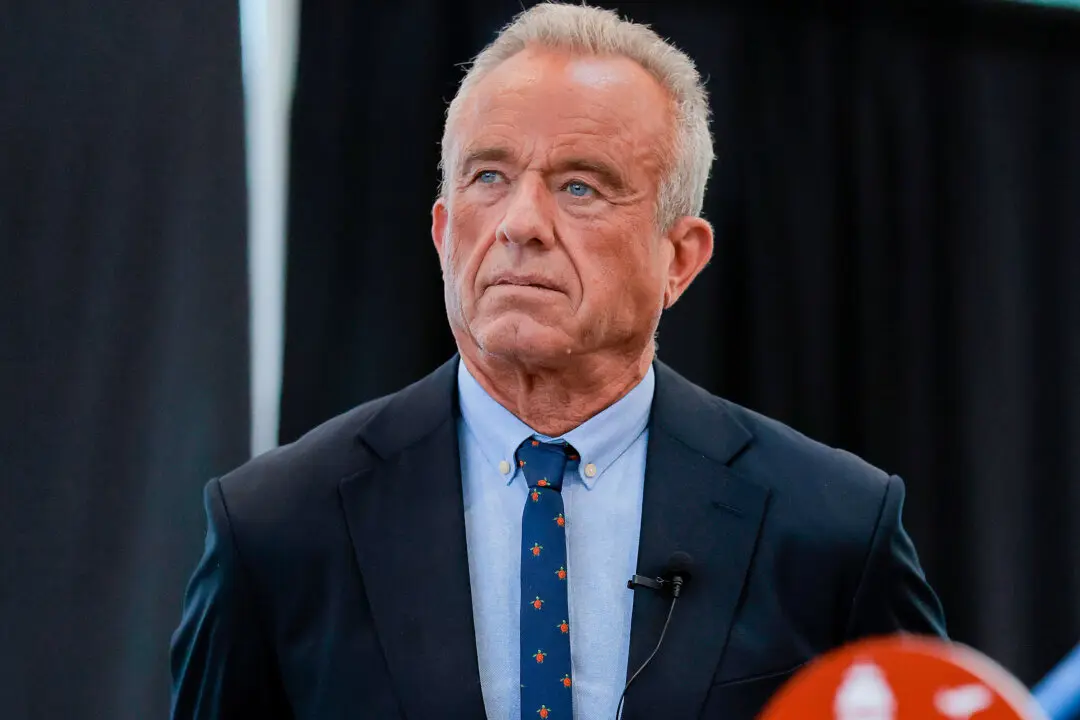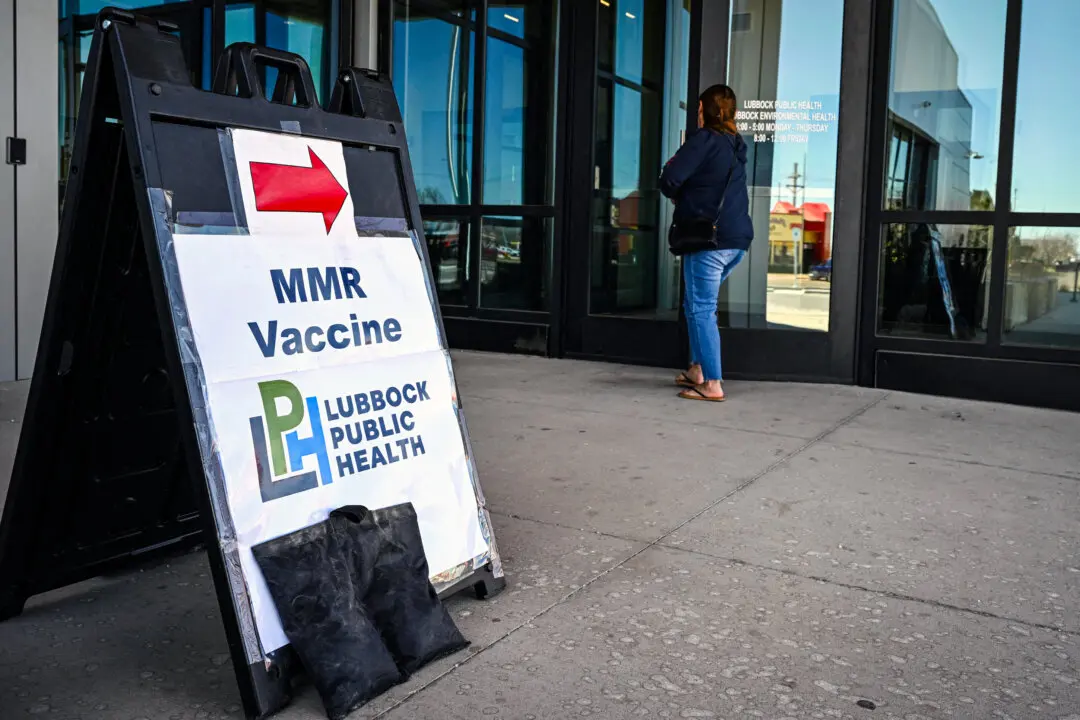Facebook CEO Mark Zuckerberg said his company is going to crack down on “misinformation” because of concerns about people getting confused in the months leading up to the Nov. 3 presidential election.
“This election is not going to be business as usual,” Zuckerberg said in a Sept. 3 post on his platform. “We all have a responsibility to protect our democracy. That means helping people register and vote, clearing up confusion about how this election will work, and taking steps to reduce the chances of violence and unrest.”





